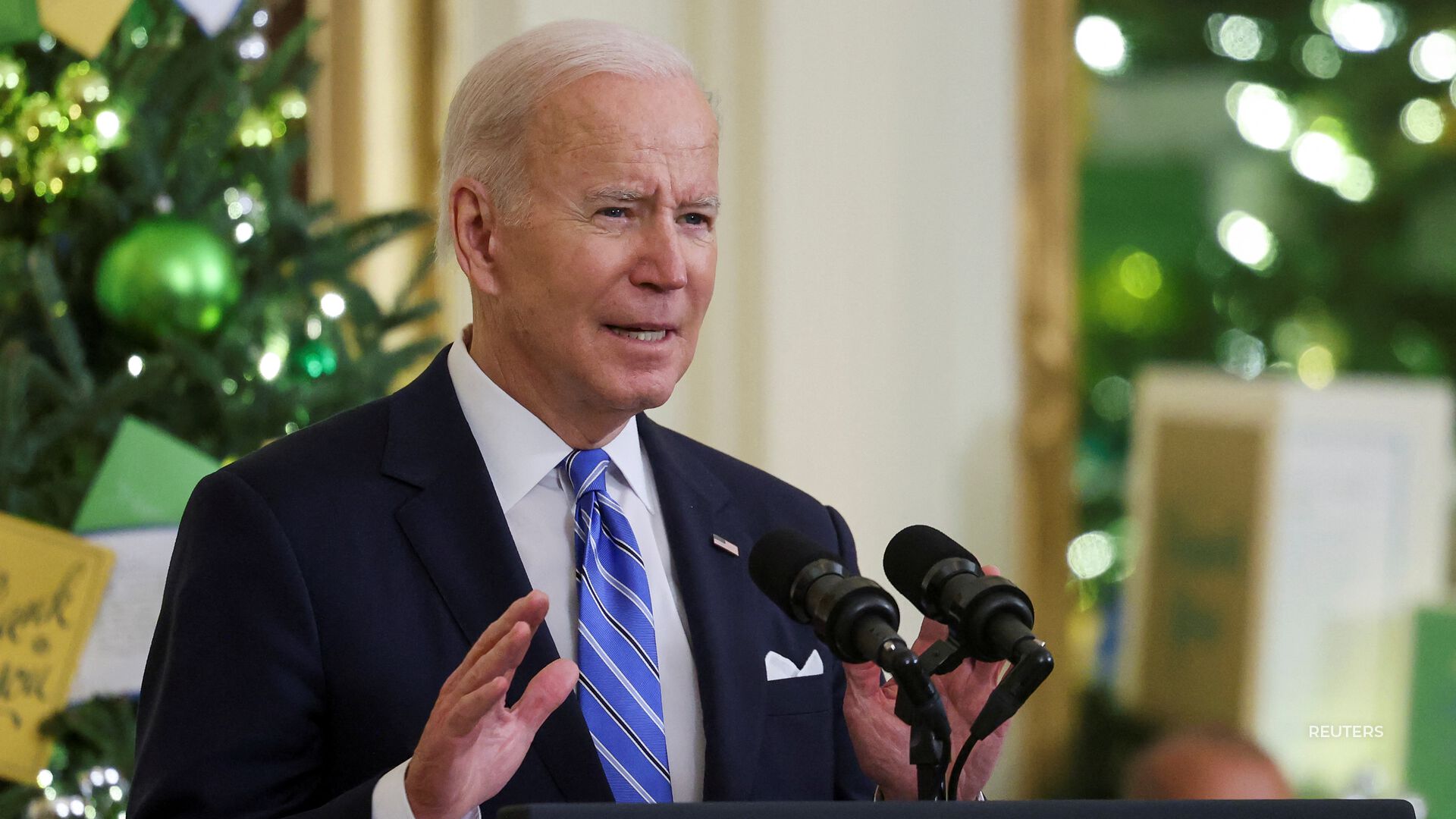
Clerk: “SJ Res. 33: Joint resolution relating to increasing the debt limit.”
Sen. Chris Murphy, (D) Connecticut: “Question ocurs on passage of the joint resolution. Is there a sufficient second? There appears to be. The clerk will call the role.”
“On this vote the yays are 50, the nays are 49 and the joint resolution is passed.”
Rep. Nancy Pelosi, Speaker of the House: “But very importantly, when you’re discussing your finances over the kitchen table, understand that if your interest rates go up, it’s because the refusal of the Republicans to lift the debt ceiling. And again, this is again, I just close by saying the full faith and credit of the United States should never be questioned. The health of our economy should never be threatened. The financial security of our families must never be gambled. I urge a strong vote for this legislation so that we strengthen our economic recovery, spare families the pain of a catastrophic default.”
Rep. Kevin Brady, (R) Texas: “Democrats are wrong to fight for five trillion dollars of social spending that will send jobs overseas, limit choice in child care, worsen health care and lower paychecks by flaming inflation longer and making the worker shortage worse. We can’t afford this pay cut presidency. I once again urge my colleagues to vote no on this measure.”
Rep. Sheila Jackson Lee, (D) Texas: “On this vote, the yeas are 221 and the nays are 209. The joint resolution is passed. Without objection, the motion to reconsider is laid on the table.”






